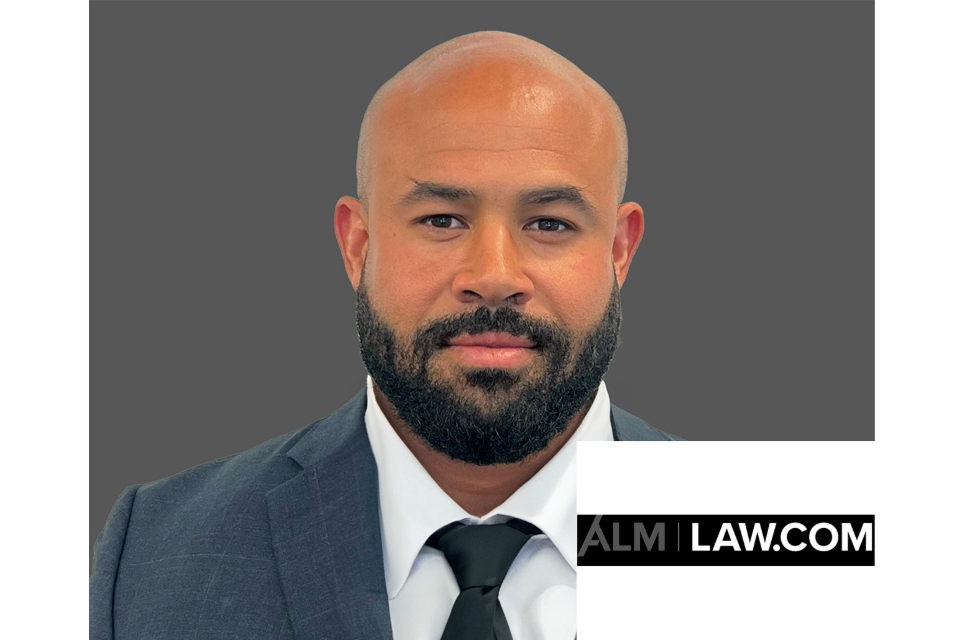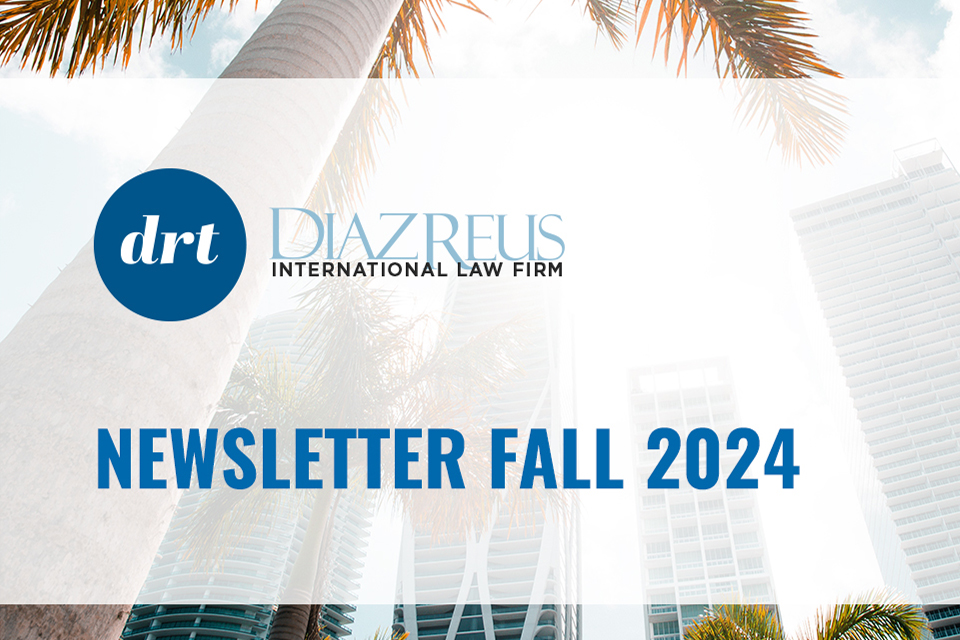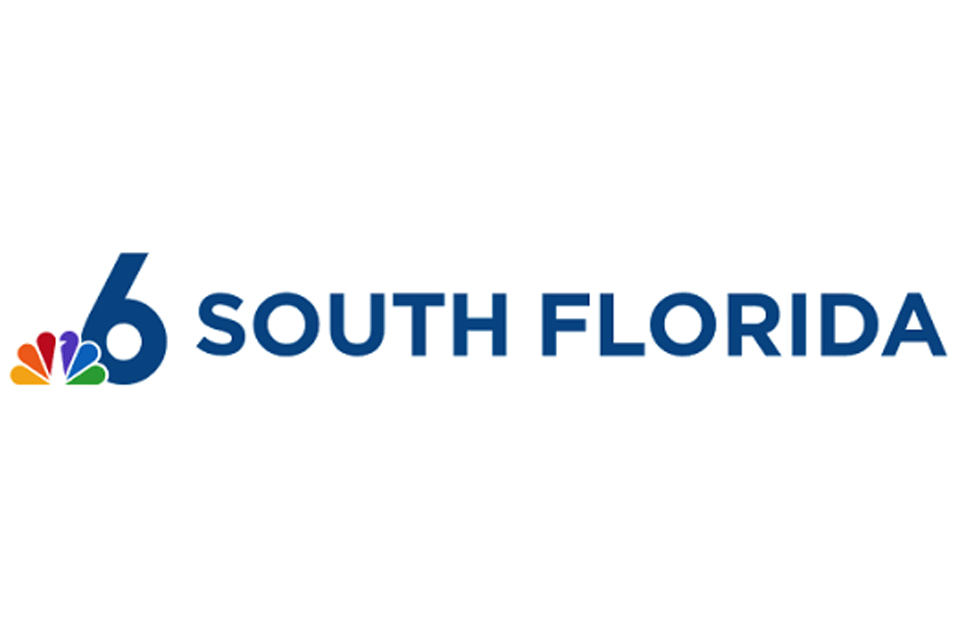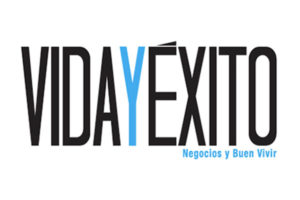In the wake of civil unrest in Libya, the U.S. President has frozen $30 billion worth of Libyan assets – the largest asset freeze under any U.S.-based sanctions regime. The United Nations has also restricted financial transactions with Libyan government entities and personnel. Given the breadth of these new restrictions on Libya, businesses and entrepreneurs operating in Libya must quickly identify whether their current or prospective business dealings fall under this new sanctions regime.
This article summarizes the latest sanctions imposed by the U.S. government and outlines the effects of the asset-freezing provisions of the U.S. sanctions regime. It also provides guidance on various legal and logistical steps that must be taken to ensure one’s compliance with these new restrictions.
Atrocities in Libya, triggered by Muammar Qaddafi’s defiance in the face of an ongoing rebellion against his regime, have prompted United States President Barack Obama to take immediate action by way of Executive Order. President Obama, pursuant to 50 U.S.C. §§ 1601, 1701, et seq., froze over $30 billion in assets belonging to the Qaddafi regime. This now stands as the largest amount frozen under any sanctions program in the United States. This sanction freezes assets in the Libyan government’s domestic accounts, including those held by the Central Bank of Libya and the Libyan Investment Authority.
By freezing these assets, the President seeks to deprive Qaddafi and his government of the ability to siphon funds for personal gain, prevent further bloodshed in Libya, and secure state assets for the benefit of Libyans when a future government is implemented. The Executive Order further freezes all of the Qaddafi family’s property interests that are located in the United States, as well as those of senior Libyan government officials and other participants in the human rights abuses there. Qaddafi and members of his family have also been added to the Office of Foreign Assets Control’s (“OFAC”) Specially Designated Nationals List (“SDN List”).
Impact of restrictions.
As a result of these restrictions, no financial transactions involving Libya’s domestic accounts, or transactions with the Libyan government’s “agencies, instrumentalities, and controlled entities” can take place. Notably, the U.S. Department of Treasury has issued a general license authorizing transactions related to third-country Libyan-owned or controlled banks. This protects all of Libya’s government-owned or controlled financial institutions that are organized under the laws of a country other than Libya. However, it remains to be seen how this general license can be used for trade and commerce-related activities. While the President has refrained from imposing a complete ban on exports and imports between the U.S. and Libya, U.S. companies continuing to do business in that country should seek guidance before engaging in future payments or transactions. The Qaddafi regime had previously nationalized a number of companies and industries in key economic sectors, particularly in the energy sector and, therefore, U.S. companies should err on the side of caution by obtaining OFAC licenses before initiating future dealings with such entities.
Financial institutions encouraged to take reasonable, risk-based steps.
Coupled with the President’s Executive Order, the Financial Crimes Enforcement Network (“FinCEN”) has cautioned U.S. financial institutions to take “reasonable risk-based steps” when dealing with assets involving Libya or Libyan-based corporations. Enhanced scrutiny must be applied to private banking accounts held by or on behalf of Libyan political leaders, or those accounts that may potentially include Libyan state assets, or proceeds of bribery and public corruption. U.S. financial institutions suspecting a transaction relating to Libya, or a senior political figure in Libya, or one that involves illegal or suspicious activity are required to immediately file a Suspicious Activity Report (“SAR”).
Joining forces with the U.S. are the United Nations, United Kingdom, Canada, the European Union, and Switzerland, all which have restricted the arms imports into Libya and prohibited future financial transactions with the Libyan government. Both the U.S. and international corporations, as well as financial institutions, must take heed as to the current status of sanctions and regulations against Libya to protect against possible monetary penalties, sanctions, or worse, criminal sanctions.
Diaz, Reus & Targ, LLP can provide accurate and informed advice about the current state of OFAC regulations and advise corporations and financial institutions of the steps needed to stay clear of this newly implemented sanctions program. The firm regularly advises financial institutions on OFAC regulations, bank secrecy laws and other relevant anti-money laundering and fraud control regulations. The firm also regularly assists its clients with due diligence inspections and banking operations analysis to ascertain and minimize potential risks for corporations and financial institutions.


















































































![Especial abogados Salón de la Fama[61] 4](https://diazreus.com/wp-content/uploads/2023/06/Especial-abogados-Salon-de-la-Fama61-4-2-pdf.jpg)





























































































































































































